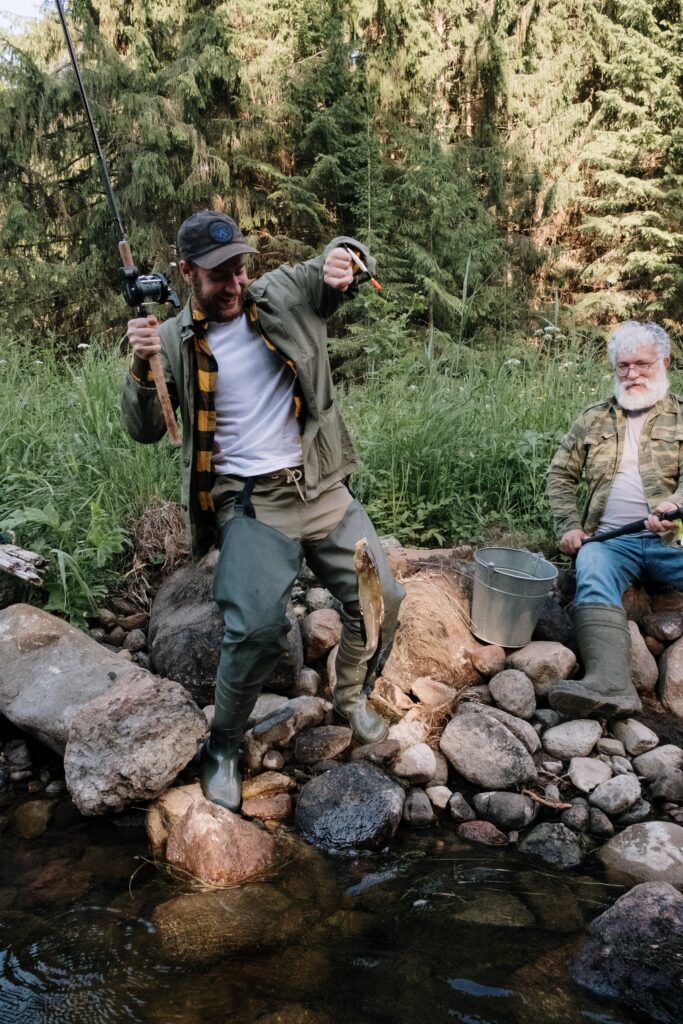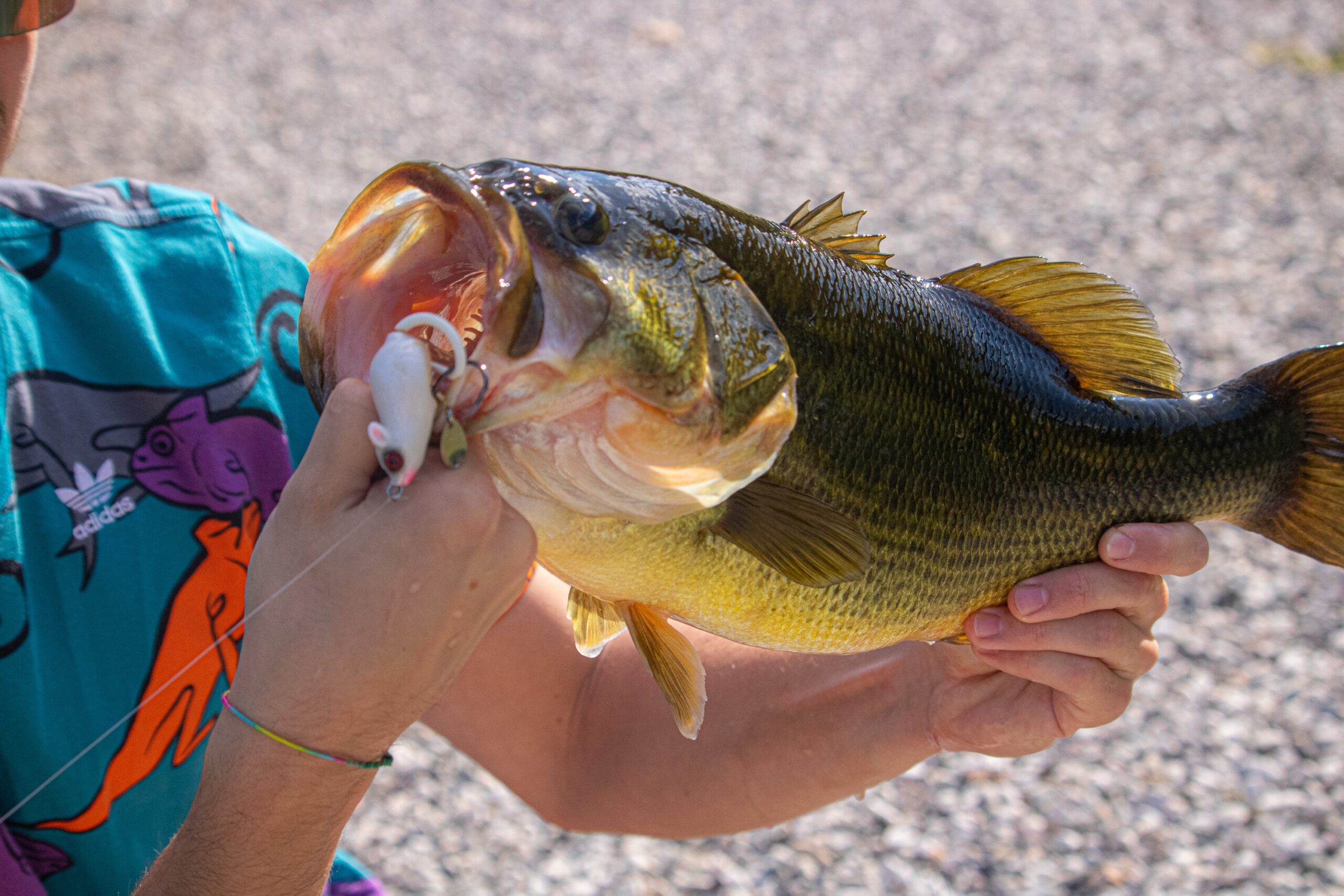Fishing is not just a beloved pastime; it’s an art form, a way to connect with nature, and for many, a source of sustenance. However, as the popularity of bass fishing continues to grow, it becomes increasingly important to address the issue of conservation and ethics. In this blog post, we will delve into the significance of bass fishing conservation, explore ethical practices, and discuss the role each angler plays in preserving this cherished sport.
The Importance of Bass Fishing Conservation
Bass fishing, particularly for largemouth and smallmouth bass, has gained immense popularity in recent years. Unfortunately, this surge in interest has taken a toll on the bass populations in many water bodies. As responsible anglers, it is our duty to ensure the long-term sustainability of this sport. Conservation efforts are crucial to maintain healthy fish populations, protect their habitats, and preserve the overall ecological balance.
Protecting Habitat
One of the most significant aspects of bass fishing conservation is protecting their natural habitat. Healthy habitats provide adequate food, shelter, and breeding grounds for bass. Human activities such as urbanization, pollution, and habitat destruction can disrupt these ecosystems. By staying informed about local environmental issues and supporting organizations that work towards habitat preservation, anglers can contribute to the protection and restoration of these vital ecosystems.
Catch and Release
Practicing catch and release is a fundamental ethical principle that every angler should embrace. It involves returning the fish to their natural habitat after catching them, minimizing the impact on their population. Catch and release helps maintain the balance between the number of fish caught and the number that can reproduce, ensuring future generations of anglers can enjoy the sport. Proper catch and release techniques, such as using barbless hooks and minimizing air exposure, are essential to increase the survival rate of released fish.
Responsible Fishing Practices

Responsible fishing practices go hand in hand with conservation efforts. Anglers should be aware of local fishing regulations, including size and bag limits, and adhere to them strictly. These regulations are in place to prevent overfishing and ensure the sustainability of bass populations. Additionally, using environmentally friendly fishing gear, such as lead-free weights and biodegradable fishing lines, can help minimize the ecological impact.
The Role of Anglers in Bass Fishing Conservation
As anglers, we have a direct impact on the future of bass fishing. By adopting a few simple habits, we can significantly contribute to the conservation and ethical practices associated with this sport.
Education and Awareness
Staying informed about the latest research, regulations, and conservation initiatives is crucial. Attend seminars, workshops, and fishing expos to enhance your knowledge and learn about new techniques and practices. Share your knowledge with fellow anglers, friends, and family to raise awareness about the importance of conservation and ethical fishing.
Volunteer and Support Conservation Organizations
Many organizations dedicated to bass fishing conservation rely on volunteers and donations to carry out their vital work. Consider volunteering your time or supporting these organizations financially. By actively contributing to their initiatives, you are directly contributing to the preservation of bass populations and their habitats.
Lead by Example
As an angler, your actions speak volumes. Set a positive example for others by practicing ethical fishing techniques and promoting responsible behavior. Encourage others to follow suit and educate them about the importance of conservation. By leading by example, you inspire others to become stewards of the sport.
Conclusion
Bass fishing conservation and ethical practices are essential for the long-term sustainability of this beloved sport. Protecting habitats, practicing catch and release, adhering to fishing regulations, and supporting conservation efforts are all vital steps that every angler can take. By playing our part, we ensure that future generations can continue to experience the thrill and joy of bass fishing. Let us embrace our responsibility and preserve the beauty of this incredible sport for years to come.
Remember, it is not just about catching fish; it’s about preserving an ecosystem and the spirit of the sport. Happy fishing and tight lines!
